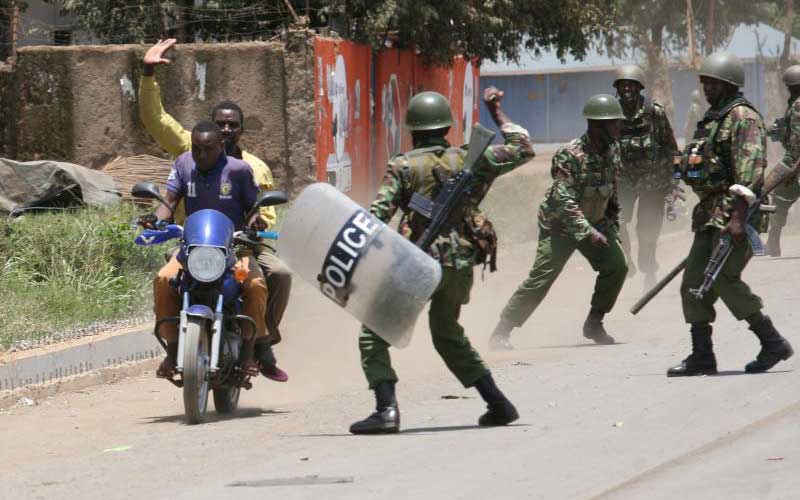
Hours after a homeless man known as ‘Vaite’was allegedly shot by police in Mathare, Nairobi, the Director of Public Prosecutions (DPP) Noordin Haji, has acknowledged that his office has received 80 cases of police brutality since October 2019.
According to the DPP, Independent Policing Oversight Authority (IPOA) is trying its’ best but the office is limited in human resource capacity.
“IPOA is doing a great job but are challenged by their human resource capacity. There is need to look at their capacity to enable them to deal with the cases with regard to complaints against the police,” he added.